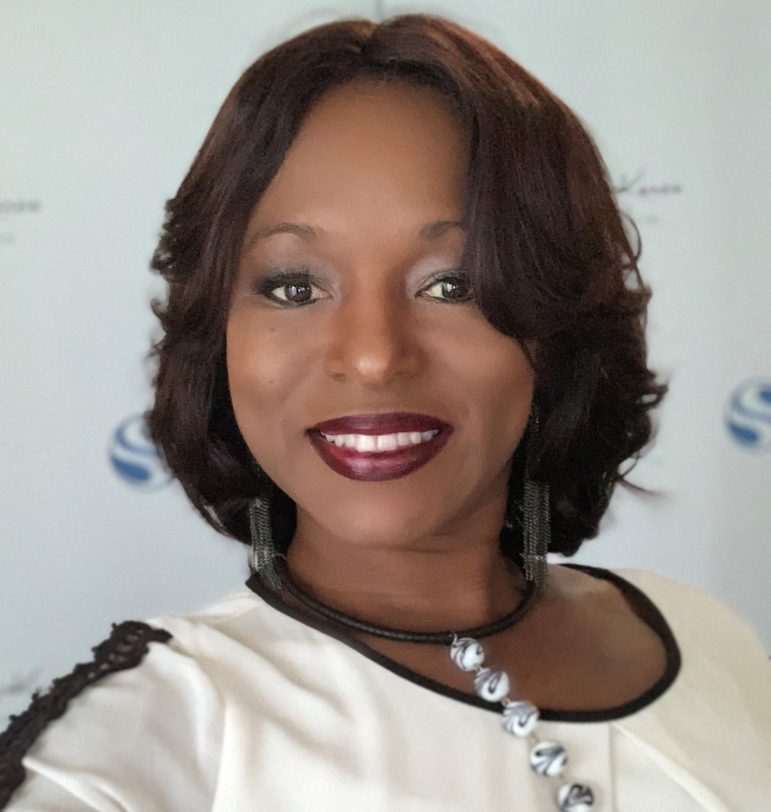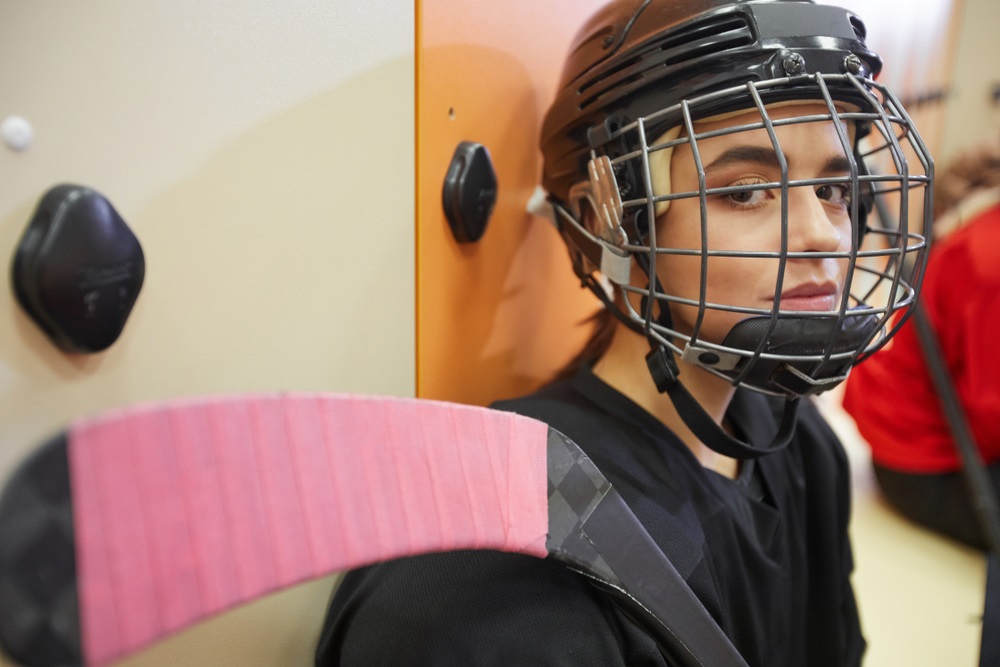![]() Growing up in San Jose, California, I had some amazing experiences with law enforcement that I can say likely made a huge difference in my path as a young adult. When I think back, in elementary school we had the Say No To Drugs campaign and McGruff the Crime Dog that led us into our middle school and high school years.
Growing up in San Jose, California, I had some amazing experiences with law enforcement that I can say likely made a huge difference in my path as a young adult. When I think back, in elementary school we had the Say No To Drugs campaign and McGruff the Crime Dog that led us into our middle school and high school years.
Youth sports was a huge part of our culture. Even if you were not an athlete, you supported a neighbor or friend that was. We had P.A.L. stadiums throughout Santa Clara County. These were operated by the Police Athletic League. We also had officers who volunteered or worked on campuses. My high school softball coach was tough on me. He was a San Jose police officer and I would have sworn then that he just did not like me. Of course, years later I realize that he was being hard on me to keep me focused and get the best out of me instead of allowing me to drift into trouble and be swayed by outside elements.

Tonya McKenzie
What happened to those days when law enforcement officers were preventative, active in our communities and a part of our lives, not just who we encountered when problems occurred and they were called to intervene? This age of technology seems to be picking up all the negative interactions and magnifying misdeeds by law enforcement.
As a public relations and leadership consultant, my answer to this is to innovate inclusive and proactive community programming and promote positive interactions and life-changing experiences that improve the youths’ perception and interaction with law enforcement.
You have to know that there are some homes in our communities that speak against the police and are against having a relationship with officers based on what they have firsthand experienced or based on something they have witnessed on social media or the evening news. The possibilities of a pleasant relationship between youth from those homes and officers who are assigned to those communities are slim to none.
Positive experiences with law enforcement deter crime, gun violence and even depression and suicide. Knowing that your civil servants care about the job they are doing and the people they are serving diminishes hopelessness and recklessness. It makes a difference.
Swag and skateboarding
The challenge right now is the time and opportunity to make it happen. Law enforcement agencies must urgently be charged with the task of making more happen, sometimes with less resources. I spoke with a few experts in the field about ways to increase positive interactions between youth and police officers. It was clear that they had been thinking about this and were willing to put in the work to make it happen.
Capt. John Naylor of the Redondo Beach Police Department runs the community engagement board. The community engagement board may be one of the most diverse groups of adults in the city. He does not do it out of duty. He does it out of passion and love for the people he serves. He also does it for the love of the community he lives in. Living where you serve has a different feel than living far from where you serve. Capt. Naylor is fully committed to enhancing quality interactions with youth as a preventative measure for deterring crime and delinquency.
For more information on Community-Based Alternatives, go to JJIE Resource Hub | Community-Based Alternatives
Swag is his secret weapon, but not for the reasons you may be thinking. He sees tangible items like stickers, baseballs, T-shirts, skateboards and hats as conversation starters. Having things to give to the youth allows for those first interactions to be positive. If you add to that community programming where officers and the youth can develop a relationship, where they get to know each other, it makes it easier for a young person to approach officers and possibly contact one if they find themselves in a situation where they need help.
Chief Derrick Abell of Manhattan Beach Police Department spoke at length about promoting a culture of officers making time for positive interactions with young people in his community. He serves in Manhattan Beach but is from Inglewood, California and has previously coached youth sports. Recalling interactions with not just youth, but also their parents, allowed for residents and community members to see the humanity of the officers instead of only the badge. Coaching is a great way to display how you win together and lose together.
Here are three great programs that can increase positive interaction with youth and law enforcement.
- The Manhattan Beach Police Explorer Program puts kids in the shoes of police officers. It gives them insight into the job and gives officers an authentic opportunity to have a relationship with a high schooler.
- Redondo Beach has the “King of the Harbor” Skateboard Championship that takes place at the pier and is open to youth and adults at all skill levels. It is truly a community event.
- The Hawthorne Police Department has started an incredibly innovative program empowering the young ladies in their community with Power Project. They are using ice hockey to build relationships that otherwise never would have formed.
At a time when many are screaming to defund police, the truth is that there needs to be more funding to do more programming that builds coalitions between officers and community members who truly want to engage in a resilient, well-informed community. The more unity and familiarity we have in each of our communities, the more bought-in most of the asset holders will be in keeping that energy positive and progressive.
A great public relations campaign is going to be the cherry on top for the community and the police department. Residents are best served when they are well-informed about what is going on in their city. Telling the stories of the lives that are touched by and most affected by quality policing is a win for everybody, the taxpayers, the law enforcement agencies and our youth.
Taxpayers feel good about where their money is going and the programs that they are helping to fund. The police officers and law enforcement agencies get to shine and show the good work that they can do outside of being reactive to community issues. The young people will know that they have alternatives when faced with peer pressure and delinquent activities. They will know that they have adults they can turn to for sound advice and guidance. They will know that they are loved and that their life matters.
Tonya McKenzie is a public relations and leadership consultant for law enforcement, civic and nonprofit organizations. She is the founder of Sand & Shores, a niche PR firm in Redondo Beach, California.

GREAT article Tonya! WELL SAID and I agree. Thx for tackling a tough subject that affects our entire community!!!